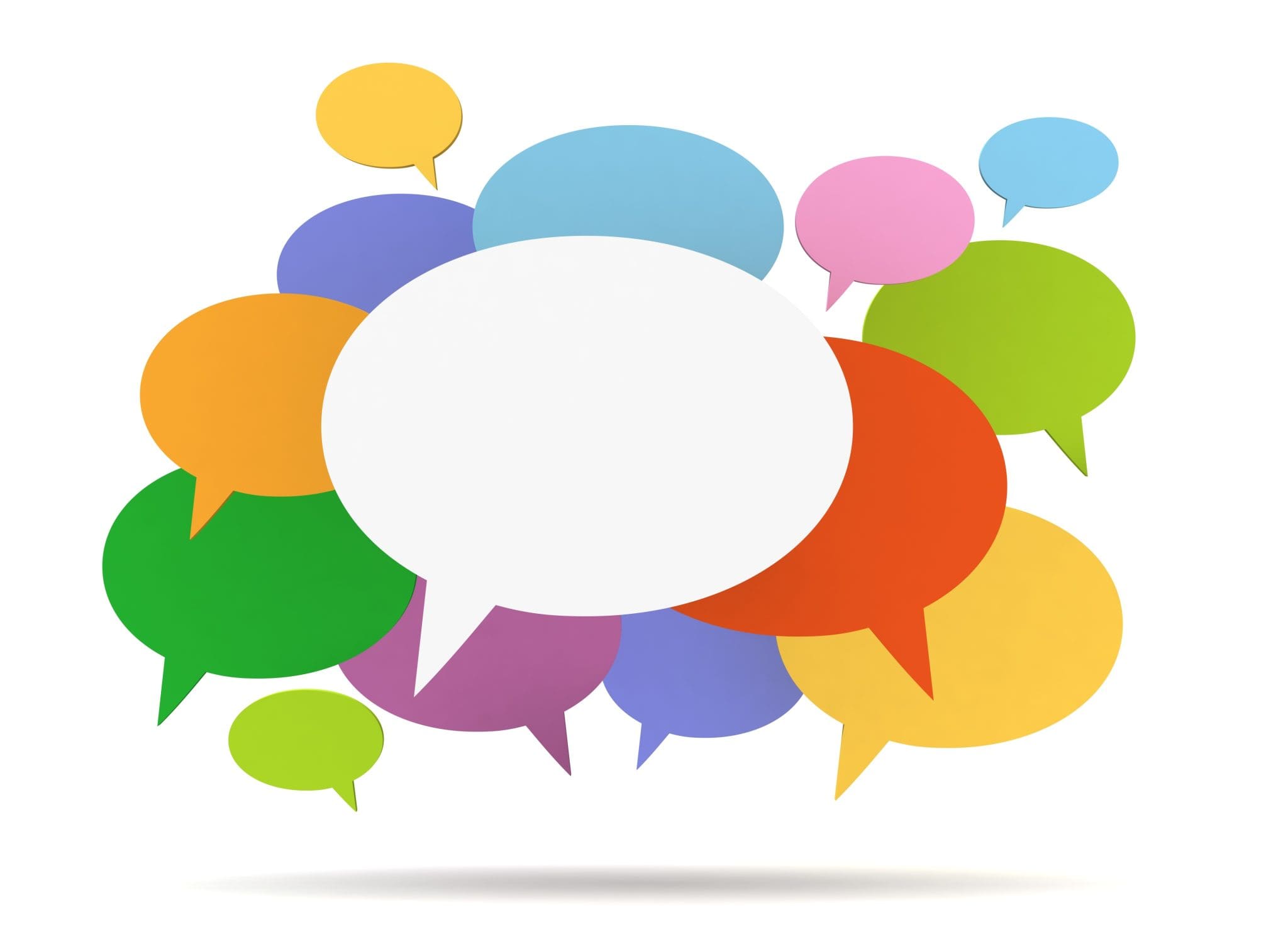On a bus in early 2019, I was having a chat with a guy that I had a crush on. He made a lighthearted joke in reference to my “lisp”, which stopped me in my tracks. I didn’t have a lisp, and told him as much. He backed down at my insistence, but when recounting the anecdote to a friend, she rolled her eyes in frustration, saying, “I can’t believe he told you about it — now you’ll be self conscious.”
This revelation sent me down a rabbit hole. I knew I did not have a lisp; I study linguistics and understand what a lisp is. How could two people who have both heard a lot of my voice think I had one? After a period of fruitless brainstorming, Instagram recommended a video to me about ankyloglossia, also called “tongue tie”. It turns out that that’s what I have; the flap connecting my tongue to my mouth is longer than other people’s, meaning it takes more effort for me to articulate sounds. I can pronounce sibilant sounds, it just takes so much effort that sometimes, in low-pressure conversation, I just don’t.
It amazed me that I was so unfamiliar with my own voice, but, in reality, it makes sense. We very rarely listen to our own voices, and when we do, we cringe and insist it is turned off.
Why is it such a universally uncomfortable experience?
First, let’s wrap our heads around how we make sounds. We push air from our lungs up through vocal folds, which vibrate at different frequencies. These vibrations are what create the sounds of our voices, in the same way that plucking a guitar string makes noise. The sound waves we create are pushed up through our throats and mouth, and then into the air around us. Those sound waves then hit the eardrums of those around us, and that’s how they hear our voices.
In contrast, we hear our own voices differently. The sound waves originating in our vocal folds are conducted through the bones in our head as well as hearing the sound waves in the air. This means we’re hearing a combination of internal and external inputs. If you press down on your ears and cut out the external inputs, you can still hear your voice — that’s why singers in a noisy venue, for example, might cover an ear to hear themself sing.
These two sonic inputs sound quite different. The internal conduction amplifies lower frequencies, meaning the voice we hear in our head is often deeper than the voice others hear. This is why it’s so jarring to hear recordings of our own voices. We don’t really know what we sound like. This mismatch is only made more cringeworthy by the fact that our real voices, the one others hear, are higher-pitched than we expect. We associate high-pitched voices with children, and also, probably unfairly, with being shrill and grating.
We also don’t really listen to ourselves talk. When we write, we can see and correct mistakes as we go along, because words on a page exist external to us and endure beyond the point they’re produced. Spoken words don’t linger in the same way. It’s harder to catch mistakes or idiosyncrasies as they happen. We typically don’t allot that much energy to monitoring our own speech — in a conference or a courtroom, we may be hyper-fixated on our words, but in casual conversation, we tend to speak without that precision. I didn’t recognise my tendency to mispronounce certain sounds because by the time I’d finished making those sounds, I’d moved onto others.
Hearing your voice recorded, then, is a bit confronting. It sounds less mature and authoritative than you expect, and your idiosyncrasies — the peculiar way you pronounce certain sounds, your verbal tics and crutches that you use to fill in silence without realising — are embarrassingly apparent. It doesn’t help, as well, that poor-quality recording equipment can distort your voice in unflattering ways. The voicemail message at my childhood home, recorded directly into the phone itself, was a crunchy, wince-inducing recording of my 10 year old voice, and I couldn’t stand to listen to it. It’s easy to assume that everyone else who hears your voice feels similarly repulsed.
I have spent the last five years studying linguistics and media and communications, and over that time, I’ve had to record and play back my own voice endlessly. I’ve done analysis on it to map the way I say vowels on a software called Praat. I’ve made audio and video projects that I’ve spent hours editing, hunched over a laptop in Adobe Audition, sifting through waveform after waveform of my own cringey voice. At first, it felt like a circle of my own personal hell. But, over time, I’ve changed my mind.
The sound of your voice is shaped by the geography of your mouth, the length of your vocal folds, the exact way you place your tongue. The way you pronounce words is a lineage of the accents and affectations you grew up hearing. When I slip up on my pronunciation, it means I am at ease enough to not hyper focus on my words. Our voice is like a fingerprint, whorls that detail who we are and the sounds we have known.
The guy who first made me aware of my “lisp” is now my boyfriend. He was shocked that I hated my voice. He reassures me still that it is soft and calming, not weak and thin as I fear. He doesn’t like listening to his own voice either, but I adore it. No one is as repulsed by your own voice as you are. To others, your voice is just who you are, and it is just as worthy of love as the rest of you is. It’s about time that more of us liked the sounds of our own voices.





